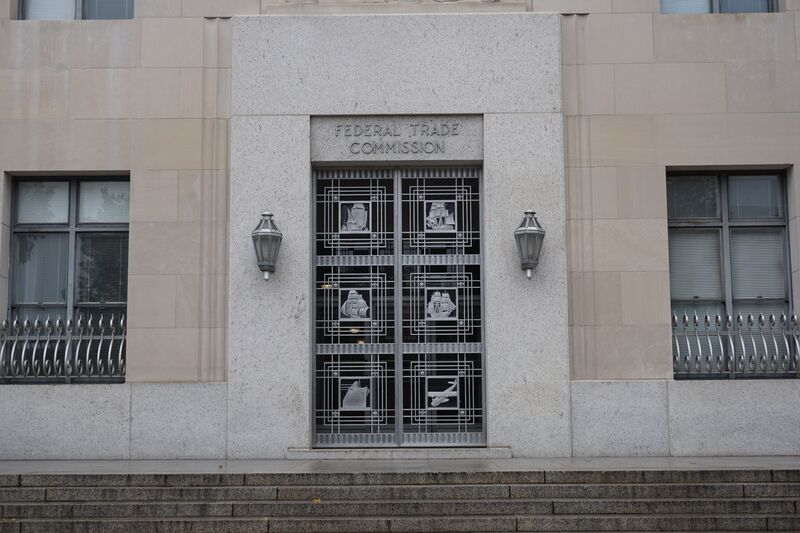
J&J Talc Powder and the Rejection of the “Texas Two-Step”
By Trey Miller* PDF Available Large corporations are no stranger to product liability. Johnson & Johnson (“J&J”) is currently facing...

Next KXL Chapter: State Affairs
By Yuki Taylor* PDF Available TC Energy Corp. v. United States is an arbitration proceeding in the International Centre for...

I Robot Esq.—Artificial Intelligence’s Impending Takeover of the Legal Profession
By David K. Korn* PDF Available “Your Honor, ChatGPT, presenting on behalf of the Petitioner.” Over the past few decades,...

Relief or Overreach: Curtailing Student Loan Forgiveness
By Courtney Moore* PDF Available In late August 2022, President Biden actualized one of his campaign goals by announcing that...

Bed Bath & Beyond Bankruptcy: Chapter 11 and the Fall of Brick and Mortar Stores
By Micah Weston* PDF Available Linens, death, bankruptcy. These terms do not seem to go together, but they all play...

Caveat Homebuilder: Waivers of the Implied Warranty of Workmanship and Habitability Are No Longer Allowed in Arizona per Zambrano v. M & RC II LLC
By Edward Gao* PDF Available “Plaintiff, to his horror, discovered that the house he had recently contracted to purchase was...

“This Situation is Unprecedented”: Examining the Legal Challenges in the Bankruptcy of FTX
By Nicholas Forger* PDF Available John J. Ray III has guided companies through bankruptcy before, including the liquidation of Enron...

Internet Law, from the Liberation to the Protection of Rights: Consumers Are Seeking Clarity in Privacy Regulations of Major Internet Companies
By Kateryna Kostiuchenko* PDF Available The world has changed dramatically with the advent of the Internet. The Internet brought endless...

The Potential Impacts of the Kroger-Albertsons Merger on Arizona
By Madison Andrade* PDF Available The Kroger-Albertsons merger announcement rattled the entire nation, yet its implications may be of particular...

The FTC’s New Section 5 Policy Statement: An Analysis
By Sarah Pelton* PDF Available On November 10, 2022, the Federal Trade Commission (“FTC”) followed up on its promise of...